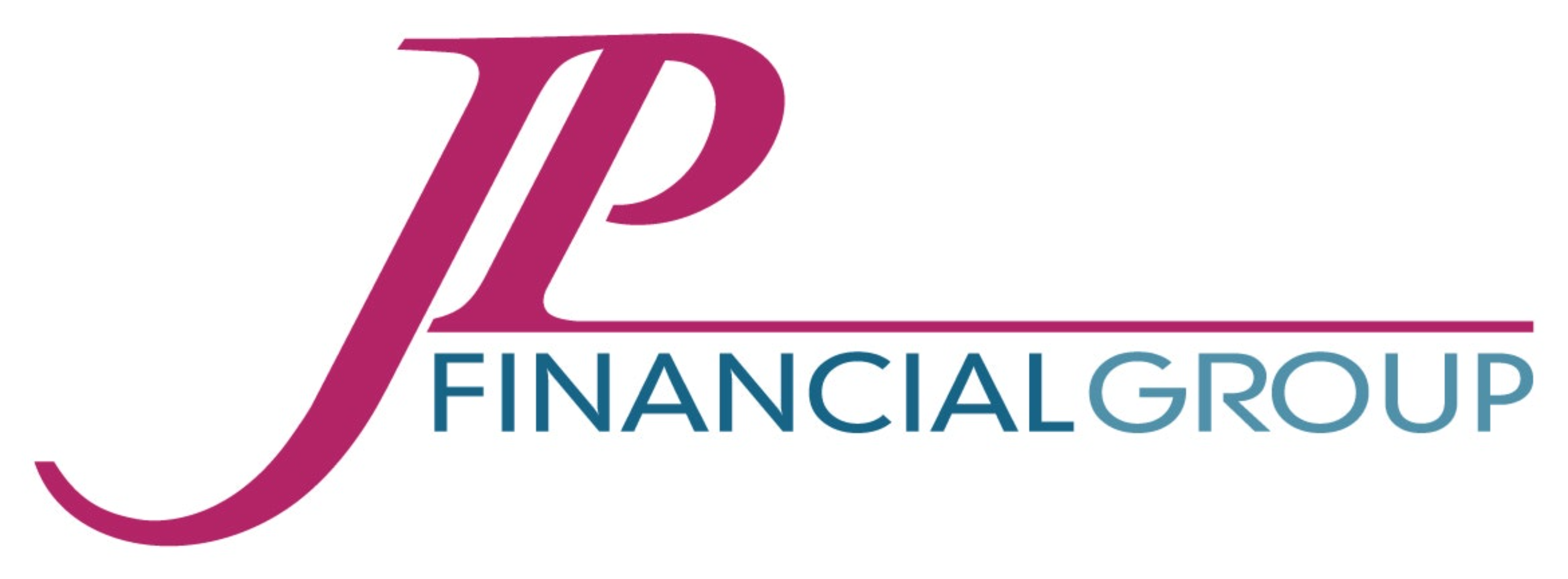News
5 Reasons You Should Update Your Estate Plan
Whether you’ve had an estate plan for years or only recently set one up, it’s essential to update your estate plan from time to time. So when should you update your estate plan? That answer depends on your unique circumstances. However, most financial experts recommend that you review and revise your estate plan every three to five years or after you’ve undergone a significant life event. Here’s a closer look at circumstances that may warrant an update to your estate plan:
Considering Investing in Today’s Real Estate Market?
If you currently invest in real estate or if you plan on investing in today’s real estate market, it’s essential to understand its risks.
Planning for Long Term Care with PTSD in Mind
Post-traumatic stress disorder, or PTSD, is a mental health condition that occurs in people who have experienced or witnessed a terrifying event.
What Do Rising Home Prices Mean for Your Estate?
Since the COVID-19 pandemic began, there have been rising home prices. According to Fannie Mae, they’ll continue to climb by 11.2% this year and expand at a more modest rate in 2023.
5 Ways to Pay for Long Term Care During High Inflation
People are living longer and will likely need long-term care (LTC) at some point in their lives. The unknowns in most financial plans are how many years you will need LTC and what it will cost. Periods of high inflation significantly increase the cost of health care and LTC, even when prices return to normal. According to a study by Healthview Services, retirees will have to pay for healthcare in retirement, with inflation currently at a 40-year high. Other study findings include:
Teachers Need Financial Planning, Too
..Teachers often have defined benefit pension plans, but similar to other industries, states are ending the use of pension plans requiring teachers to set up their retirement savings plans themselves. In this article, we explore why teachers need financial planning.
Who Hurts the Most From Inflation?
Inflation is at a forty-year high, and everyone is paying higher prices as inflation erodes the average person’s purchasing power. But who hurts the most from inflation?.
Two Significant Risks to Your Retirement Plan (and How to Mitigate Them)
With today’s high inflation and rising interest rates, some retirement plans may be at risk due to assets depleting prematurely due to these factors. Today’s economic conditions are much worse than coming out of the Great Depression when the U.S. experienced inflation, high-interest rates, historical debt, and tax levels when tax rates were above 40% for over 40 years (1940-1981). Here’s an explanation of two significant risks to your retirement plan: inflation risk and interest rate risk.
3 Ways Rising Interest Rates and Inflation Impacts You
Interest rates are rising as Fed officials dred raised rates by a quarter-point in March 2022 to a target range of 0.25% to 0.5%. Their median forecast signaled that they expect to lift rates to 1.9% by the end of 2022 and to 2.8% by 2023.
A Volatile Stock Market: What Can Investors Do?
COVID-19, inflation and the Ukrainian war have all contributed to a volatile stock market in recent weeks. Volatility will continue as usual while one sector is experiencing profitability, another is declining, resulting in declining stock market valuations. For investors, the up and down performance creates market risk but is part of the underlying economic fundamentals of our U.S. stock market system:










